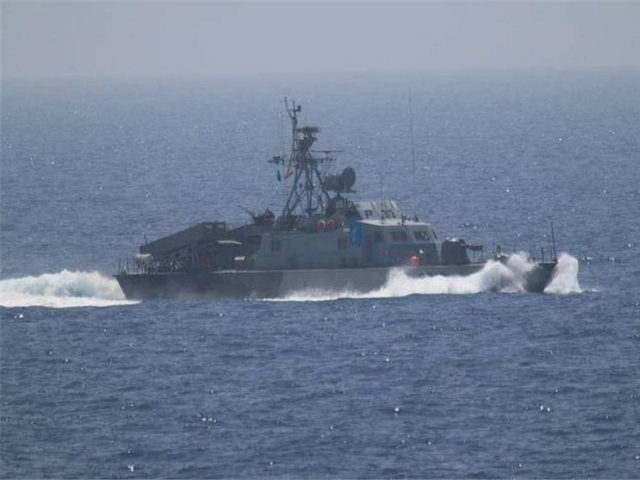The Wall Street Journal quotes Brig. Gen. Masoud Jazayeri, a spokesman for the armed forces of Iran, responding to American concerns about the harassment of naval vessels by saying the U.S. claims were exaggerated.
“The Islamic Republic’s vessels always act in full awareness of international rules and regulations and based on defined norms,” said Jazayeri. “Therefore the [American] claims are not only untrue, but stem from their fear of the power of the Islamic Republic’s soldiers.”
“When Iranian vessels pass the Americans a few kilometers from them, they claim that the Iranian boats have come within one kilometer,” he added.
AFP quotes the Iranian spokesman, concluding with a declaration that “Iran’s marine corps will never be stopped by the propaganda of extra-regional enemies and their vassals in the region, in guarding the Islamic Republic of Iran’s sea borders and economic interests.”
AFP counts five incidents of harassment reported by the Pentagon over the past month.
On Monday, Admiral John Richardson, the U.S. chief of naval operations, said that Iran should work with the United States to set rules of behavior that would avoid more such confrontations.
“These are some of these potentially destabilizing things, where a tactical miscalculation, the closer you get to these sorts of things, the margin for error gets smaller and the human error can play a bigger and bigger role,” said Richardson, as reported by Reuters. “So it’s very important that we eliminate this kind of activity where we can. There’s nothing good can come from it… it also advocates the power of a sort of leader-to-leader dialogue.”
He envisioned a Code of Unplanned Encounters for Iran that would be similar to the one America has with China.
“Getting some kind of a rule set like that… with the Iranians, would also be helpful, so that we can have these frameworks for behavior that would guide us more to the useful types of encounters at sea, rather than these ‘close aboard’ types of demonstrations that really don’t have any positive benefit,” Richardson said.

COMMENTS
Please let us know if you're having issues with commenting.